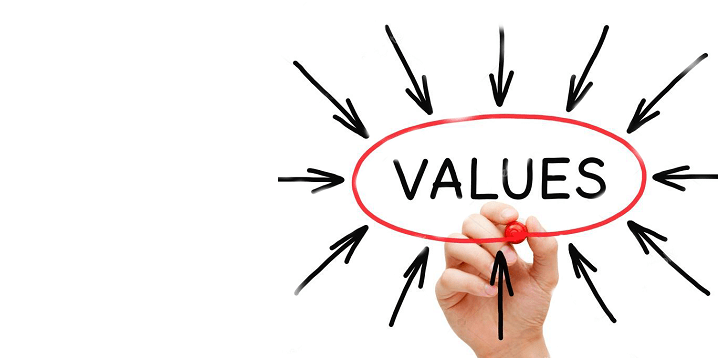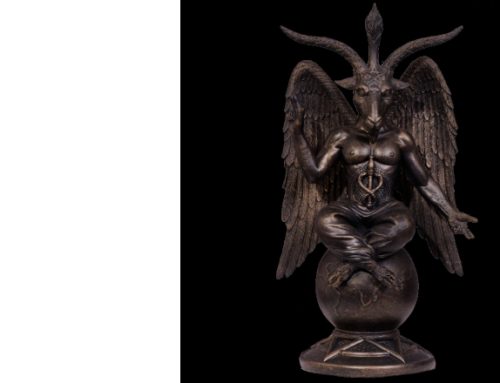The role of government, the economy, and social institutions have an enormous impact on our daily lives. Most of us understand the role that lawmakers, business leaders, and the family play in determining our wellbeing, but often underappreciated is the role that culture plays. Yet it is culture—the norms and values that serve as life’s guideposts—that ultimately have the greatest affect on our lives, as well as on the other three sectors of society.
Values, the ideas of right and wrong, and norms, the standards of right and wrong, are found in the religious teachings that mark any given society. In fact, religion is the heart of culture, and it matters not a whit when and where in history: it’s universally true.
To be sure, secular norms and values also may play a role in determining cultural outcomes, and this is especially true in the most developed world. No matter, it is culture, not the political, economic, or social institutions, that is the most influential force determining the makeup of individuals and society.
Why, then, is culture undervalued? It depends, to a large extent, on one’s political predilections.
Conservatism, I would argue, consists of the three “M’s”: markets, missiles and morality. A market economy has proven to be far superior to the socialist model; missiles are necessary for national security; morality is fundamental to the ordering of the good society. Unfortunately, for many conservatives, especially libertarians, the latter “M” is not taken seriously. This is not a good sign—it smacks of self-absorption.
Liberalism these days has turned sharply left, and with it has evolved an animus against religion. The contempt shown by contemporary liberals for our Judeo-Christian heritage is stunning. Having become militant secularists, they see that heritage as an obstacle to their liberation.
These secularists dominate our institutions. Indeed, they comprise the ruling class. It is they who are trying to transform our culture by pushing critical race theory and gender ideology, the two most pernicious cultural ideas of our age.
Critical race theory holds that all white people are irredeemably racist and that every racial disparity is a reflection of racism. Never mind how insulting and inaccurate this is, it is the reigning dogma of the ruling class. Gender ideology holds that men and women can change their sex as easily as they can change their clothes. This is not only absurd, it expresses a deep-seated hostility to science.
There are some encouraging signs on the horizon. During the pandemic, moms learned how culturally corrupt many schools had become. Instead of teaching reading, writing and arithmetic, many schools played the radical race and gender game, belittling white students and abetting young people to consider changing their nature-determined sex.
Fortunately, mothers started running for school boards, and founding organizations like Moms for Liberty. This kind of social activism has also been felt outside education, even affecting beer sales, e.g., Bud Light.
We need to get back to basics. In other words, we need to stop with adopting the norms and values of the secularist woke culture and repair to our religious moorings.
In my latest book, War on Virtue: How the Ruling Class is Killing the American Dream, I detail the many ways in which the elites who run our institutions have moved away from our founding principles, and the virtues that have served our society so well.
Virtue is a good habit. A culture that does not appreciate the saliency of virtue is one that will not succeed. Regrettably, the elites that run our institutions are failing in this regard. Instead of nurturing virtue, they are denigrating it.
Cultures can change—there is no iron law of history. It is up to the people in a free society to hold its ruling class accountable and to demand change, when necessary. When our culture decomposes, everyone loses, including, ironically, those responsible for the collapse.







